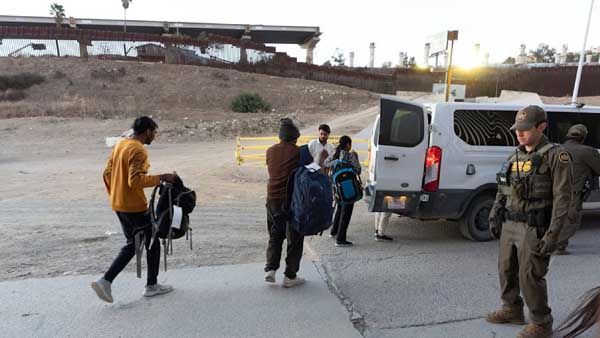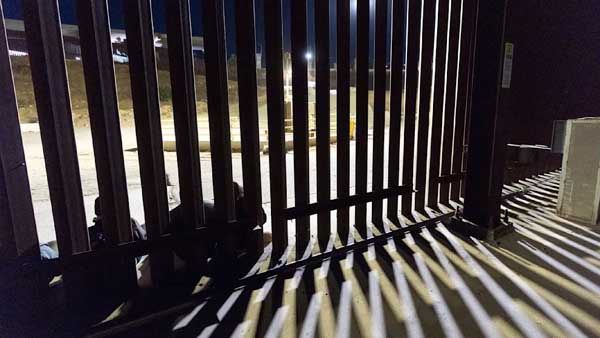It was the pledge that electrified the nation—Donald Trump’s signature campaign promise to tighten immigration laws and secure America’s borders. Now, just a week into his second term, the President is wasting no time unleashing his bold vision, sparking intense debates and setting the stage for a seismic shift in U.S. immigration policy.
At the heart of Trump’s crackdown is a controversial directive granting immigration authorities unprecedented power to arrest undocumented migrants in traditionally off-limits locations, such as schools and churches. “Criminals will no longer be able to hide in America’s schools and churches to avoid arrest,” declared the administration, doubling down on its tough stance. "The Trump administration will not hinder the courage of our brave law enforcement officers but trusts they will use common sense."

This marks a stark departure from the Obama-era “sensitive locations” policy, which prohibited immigration enforcement in such areas. Critics argue that this policy was a humane measure to protect vulnerable communities. Trump and his supporters, however, view it as a loophole for lawbreakers—a loophole they are determined to close.
The new rules are just one piece of Trump’s sweeping agenda. Declaring a “state of emergency” at the Mexican border, he has mobilized military support for the long-promised wall and abolished the “birthright” provision granting citizenship to those born on U.S. soil. This move has already triggered lawsuits from 18 states, with constitutional scholars warning of an epic legal showdown.
But Trump’s ambitions stretch even further. Labeling drug cartels and violent gangs like MS-13 as foreign terrorist organizations, the President has opened the door for military intervention beyond U.S. borders. “This is about protecting American lives,” Trump proclaimed during a fiery speech that rallied his base while sending shockwaves throughout the nation.

The response has been nothing short of explosive. Immigration and Customs Enforcement (ICE) has announced a series of planned raids targeting major cities, with Chicago designated as the first battleground. Trump-appointed Border Protection Commissioner Tom Homan has promised swift action, signaling the dawn of mass deportations.
Polls suggest that Trump’s tough rhetoric resonates with a significant portion of the American public. A striking 66 percent of respondents voiced support for deporting undocumented immigrants, reflecting growing frustration with the perceived failures of previous administrations. Yet, opponents warn of the human toll and potential constitutional violations, with civil rights organizations gearing up for what could be the legal fight of the century.
Even Trump’s harshest critics concede that his team has learned from past mistakes. Insiders say the new executive orders have been meticulously vetted to withstand courtroom challenges. “They are watertight,” one source told CNN, hinting at the administration’s resolve to see its vision through.
Trump’s offensive on immigration has ignited a firestorm, and the fallout will be felt for years to come. Supporters hail it as a long-overdue defense of America’s sovereignty, while detractors decry it as a betrayal of the nation’s core values. One thing is certain: the President’s audacious gambit has redefined the debate, forcing the country to confront its identity and future in dramatic fashion.
 News Staff
News Staff![]() -
-
Arts & Culture -
New Immigration Law Policy
-
3.9K views -
0 Comments -
0 Likes -
0 Reviews
-
-
Arts & Culture -
New Immigration Law Policy
-
3.9K views -
0 Comments -
0 Likes -
0 Reviews
![]() 0
0
867
1
0
0
867
1